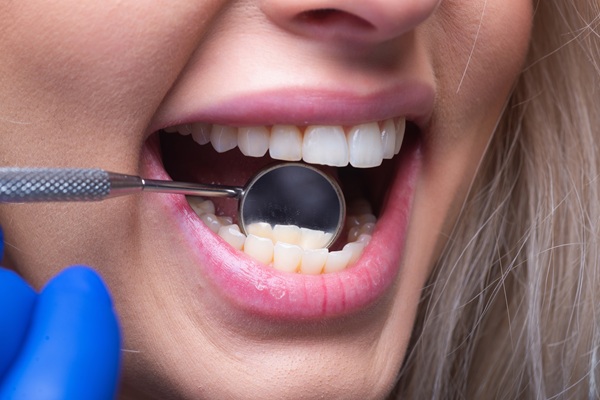What is a Baby Root Canal?

A baby root canal is not a pleasant experience for children or for their parents, but it is sometimes necessary to ensure the tooth does not cause discomfort or fall out too early. There are many benefits a baby root canal can offer, and learning more about it is a great way to deal with any anxieties that may exist.
An overview of a baby root canal
Many dentists will use other treatment options such as a dental filling when possible to treat tooth decay, but there are times when a filling is not enough and a baby root canal is needed. The following is an overview of what a baby root canal is and when children may need to have one performed.
Baby root canal defined
A baby root canal is a dental procedure designed to remove infected pulp inside of a primary tooth. A tooth's pulp is located in the root of a tooth and contains blood vessels and nerves. Due to this, the symptoms of an infected tooth are often discomforting. While treating the discomfort is a primary reason for a baby root canal, it also is performed to preserve the tooth and keep it from falling out. This helps ensure the child’s permanent teeth come through correctly, which does not always occur if baby teeth fall out too early.
When a baby root canal is necessary
A baby root canal is most commonly performed when there is a tooth infection. In some instances, the tooth infection can worsen and lead to a dental abscess, which is also treatable by a baby root canal. Dentists sometimes also recommend a baby root canal for children who have experienced severe tooth decay, particularly if the decay is not able to be treated with a direct dental restoration (dental filling). Some instances of dental trauma may result in the need for a baby root canal.
The baby root canal process
A root canal involves accessing the dental pulp, removing the infected tissue, cleaning the area and filling it with a healthy substitute. While this may seem simple, it is more complex than a dental filling and should be performed by an experienced dentist. After the root canal is complete, the dentist may place a temporary or permanent crown to complete the restoration.
How to prepare my child for treatment
Children may experience dental anxiety before a baby root canal as they do not know what to expect. Parents can help them by explaining the process in a gentle manner and keeping a positive attitude on the day of the visit. Also, be sure to reward them for being very brave and making it through the treatment process to help them view visiting the dentist in a more positive manner.
Reach out today for more baby root canal information
Symptoms of an infected tooth, dental abscess or severe cavity should be addressed by a dentist who may recommend a baby root canal. To learn more or to get started with an evaluation, get in touch with us today.
Request an appointment with Star Kids Dental & Orthodontics.
Check out what others are saying about our services on Yelp: Read our Yelp reviews.
Recent Posts
Dental fillings are a common dental restoration used to repair teeth that have cavities or mild damage. Many parents have questions regarding the procedure, the types of materials used, and how to care for their child's filling. The following blog addresses frequently asked questions to provide parents with the clarity they need on this essential…
A baby root canal is a procedure performed to remove diseased pulp inside the root of a tooth. When an infection occurs, it puts the tooth in jeopardy and other oral health concerns can develop. While it is not ideal for a child to need a baby root canal, it is sometimes necessary and an…
Space maintainers are great resources that are used in dentistry and orthodontics. They are small, metal dental pieces that are placed where a tooth once was, whether it be an adult or baby tooth. Keep reading to find out more about space maintainers.Outlined below are a few things to know about space maintainers, including what…
Dental sealants are one of the most powerful preventive care treatments for kids. Because children are especially vulnerable to cavities, parents need all the help they can get to help their kids fight tooth decay. Through this simple and pain-free procedure, your child can get powerful and long-lasting cavity protection on some of their most…


